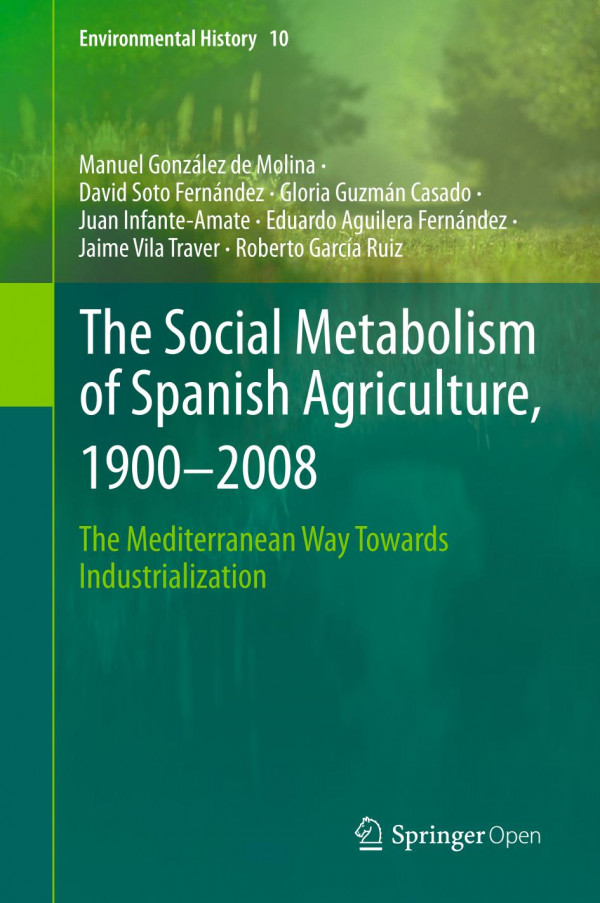

Most ebook files are in PDF format, so you can easily read them using various software such as Foxit Reader or directly on the Google Chrome browser.
Some ebook files are released by publishers in other formats such as .awz, .mobi, .epub, .fb2, etc. You may need to install specific software to read these formats on mobile/PC, such as Calibre.
Please read the tutorial at this link: https://ebookbell.com/faq
We offer FREE conversion to the popular formats you request; however, this may take some time. Therefore, right after payment, please email us, and we will try to provide the service as quickly as possible.
For some exceptional file formats or broken links (if any), please refrain from opening any disputes. Instead, email us first, and we will try to assist within a maximum of 6 hours.
EbookBell Team

4.1
40 reviewsThis open access book provides a panoramic view of the evolution of Spanish agriculture from 1900 to the present, offering a more diverse picture to the complex and multidimensional reality of agrarian production. With a clear transdisciplinary ambition, the book applies an original and innovative theoretical and methodological tool, termed Agrarian Social Metabolism, combining Social Metabolism with an agroecological perspective. This integrative analysis is especially interesting for environmental scientists and policy makers being the best way to design sustainable agroecosystems and public policies capable of moving us towards a more sustainable food system.
Spanish agricultural production has experienced impressive growth during the 20th century which has allowed it to ensure the supply of food to the population and even to transform some crops into important chapters in foreign trade. However, this growth has had its negative side since it was based on the injection of large amounts of external energy, on the destruction of employment and the loss of profitability of agricultural activity. But perhaps the most serious part is the strong impact of the current industrialised agriculture model on Spanish agroecosystems, exposed to the overexploitation of hydric resources, pollution of the water by nitrates and pesticides, high erosion rates and an alarming loss of biodiversity; damage which in the immediate future will end up reducing production capacity.